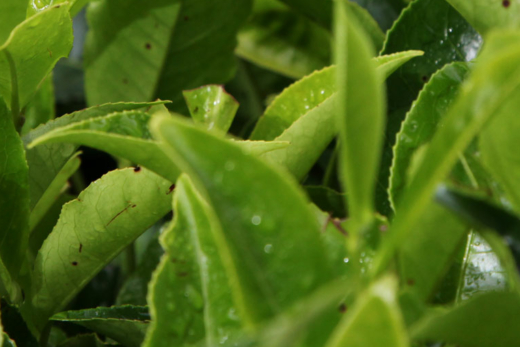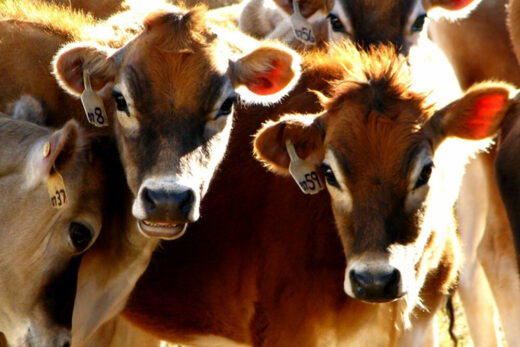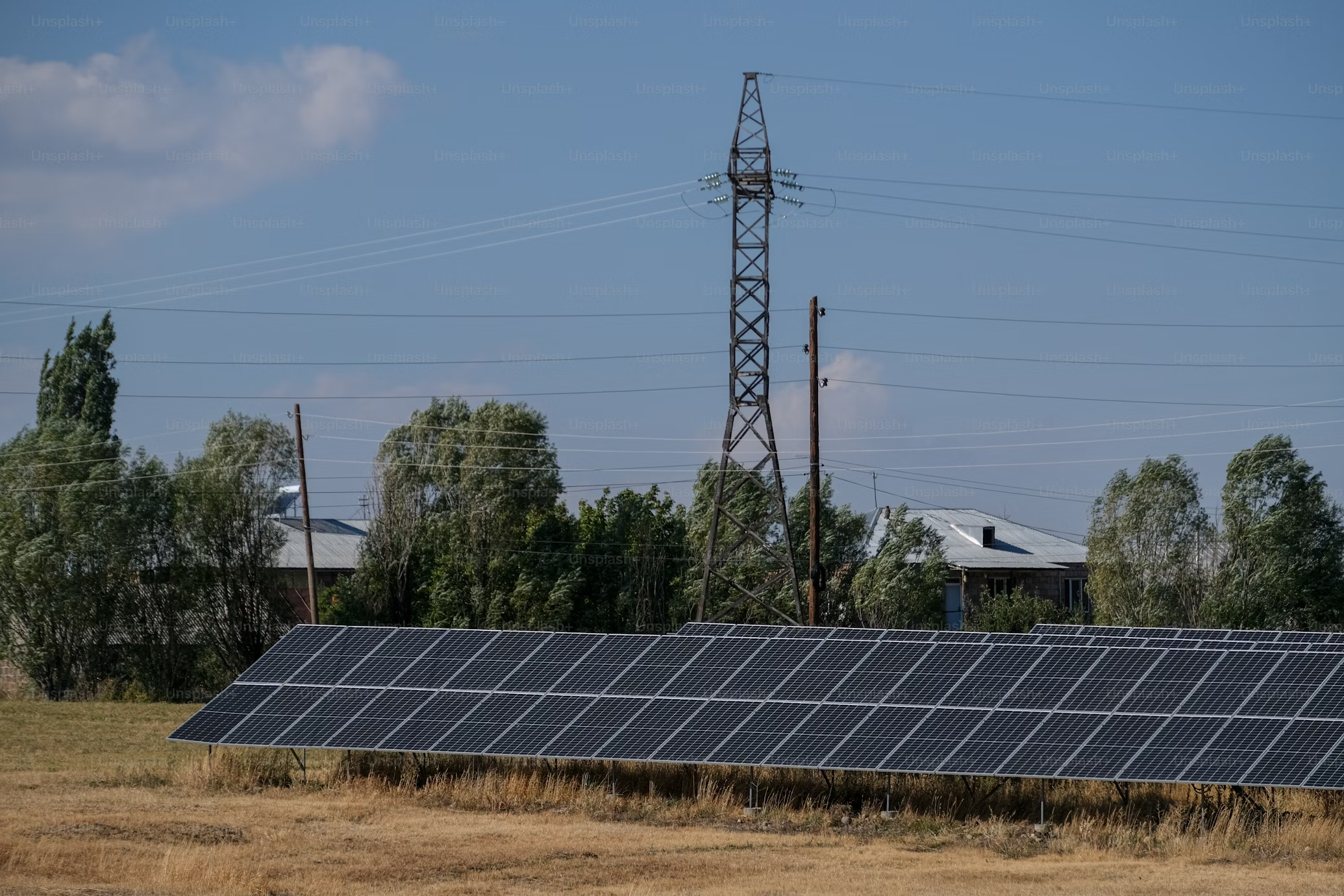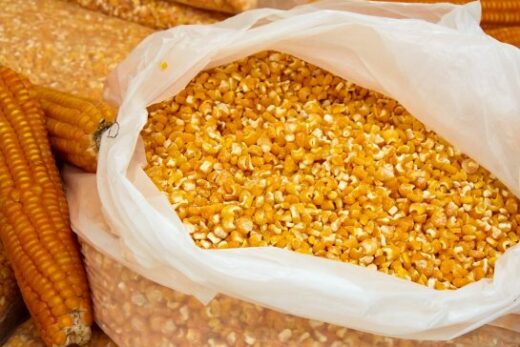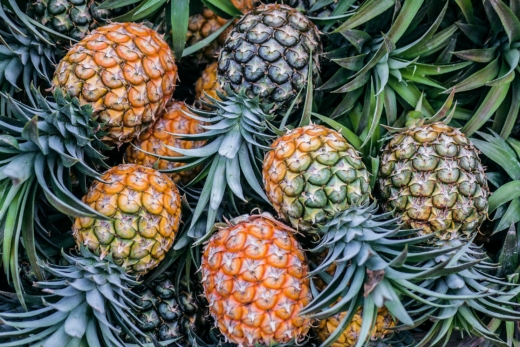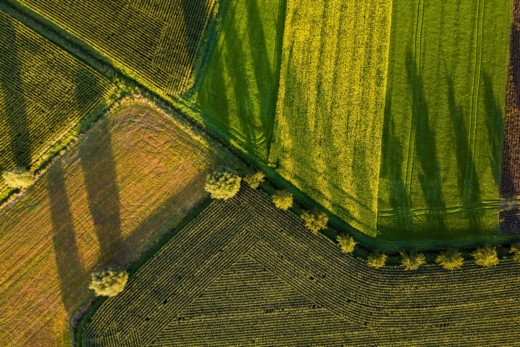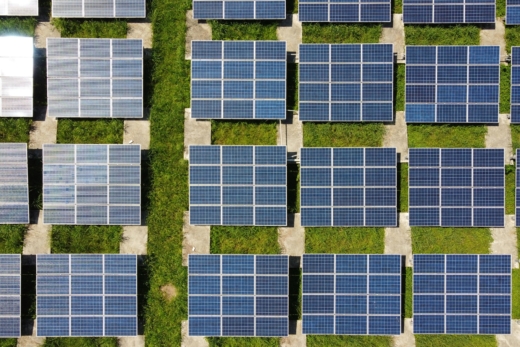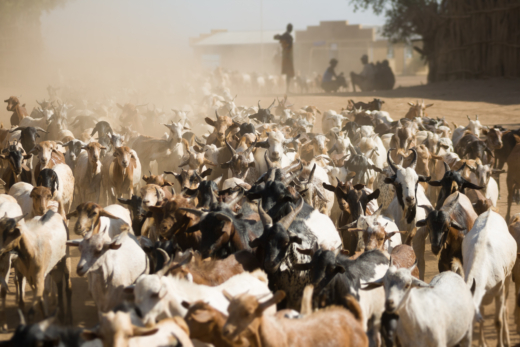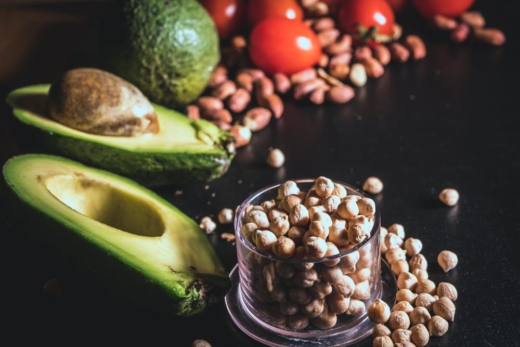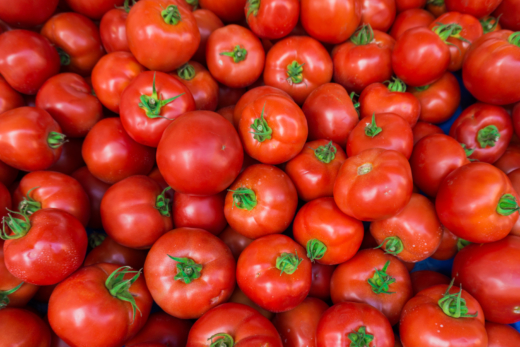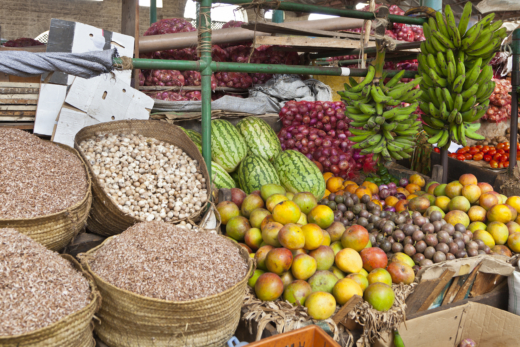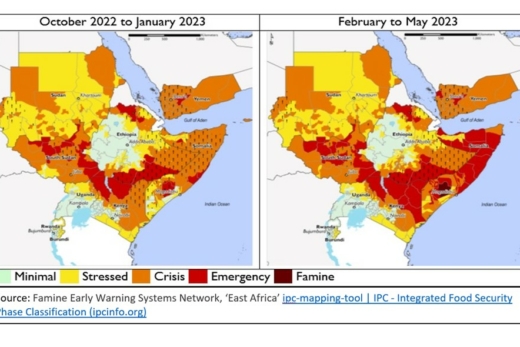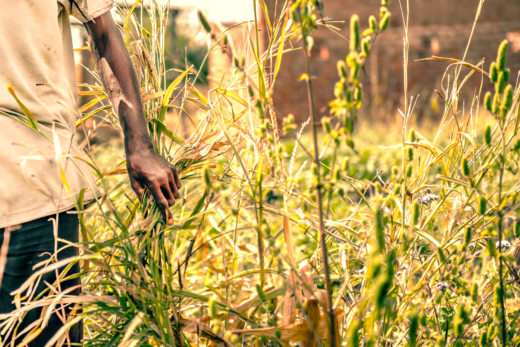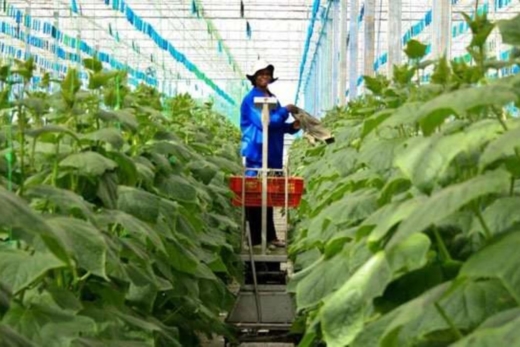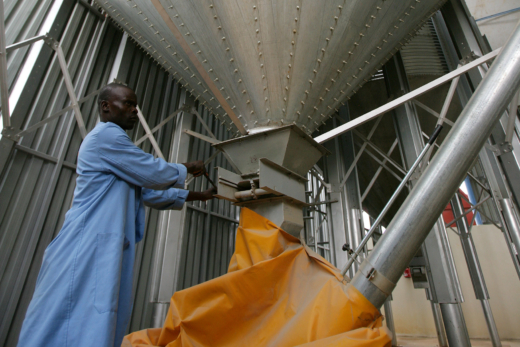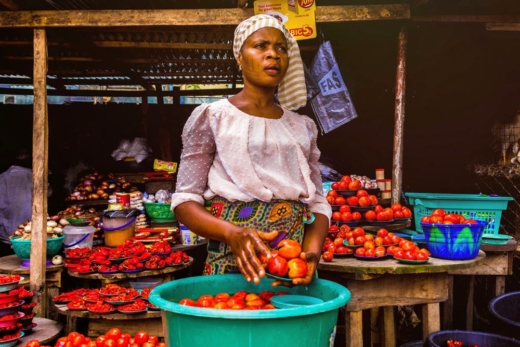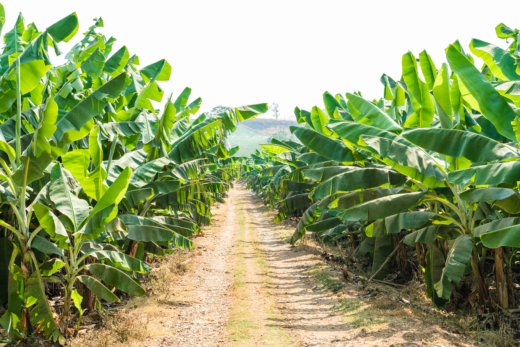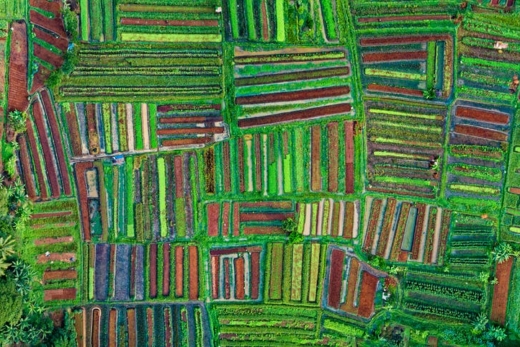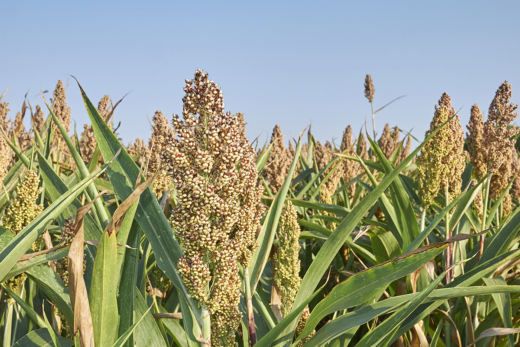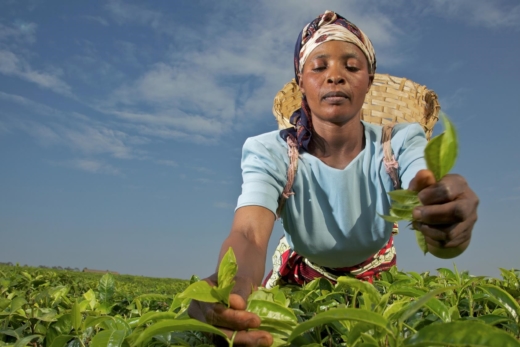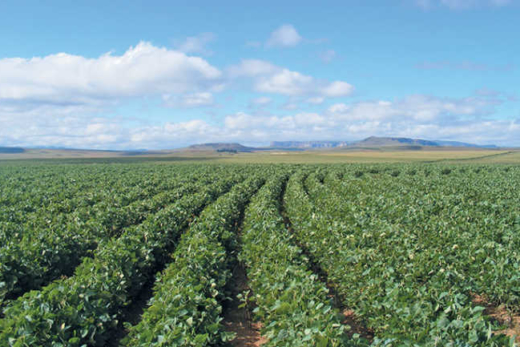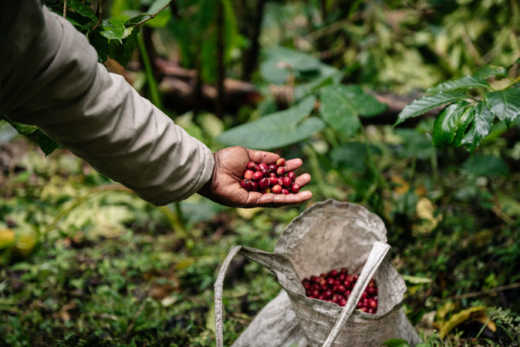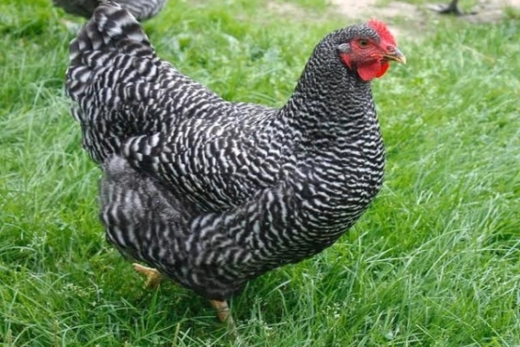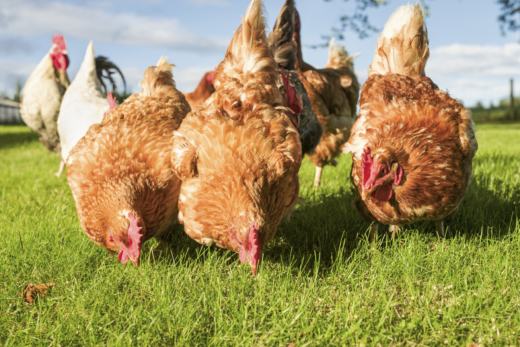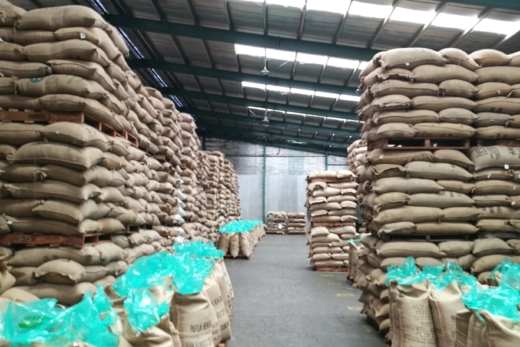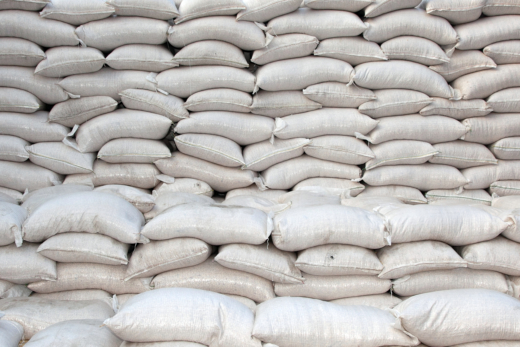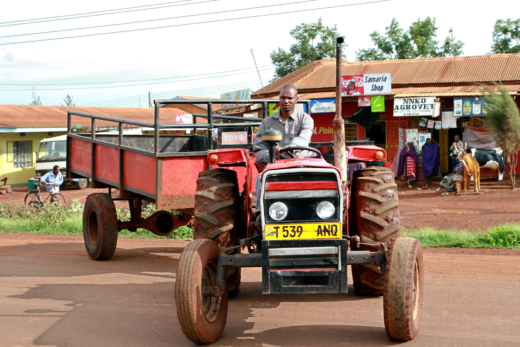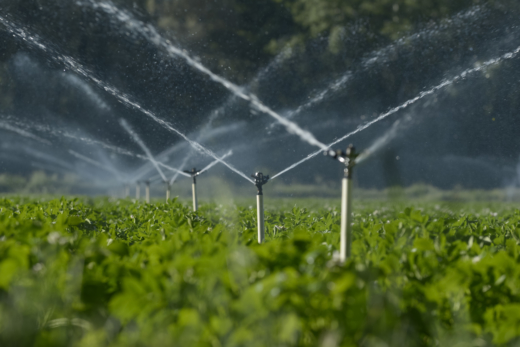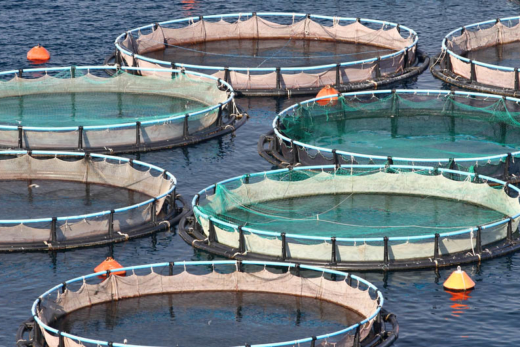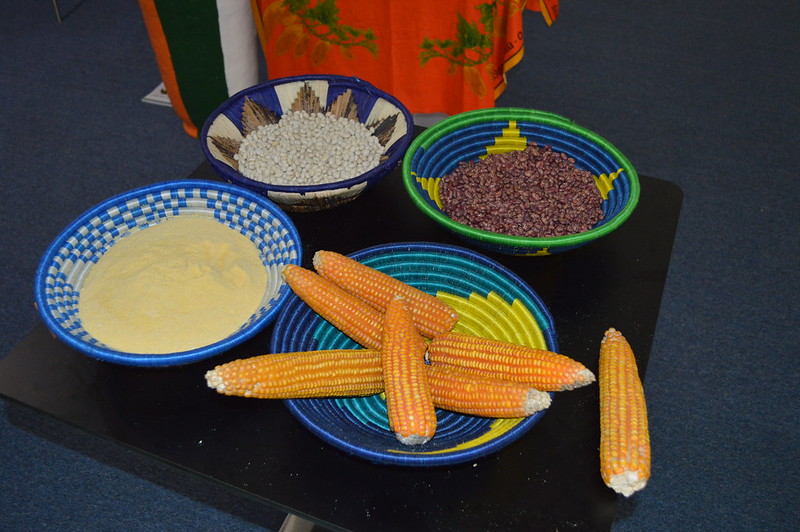
Description
Widespread malnutrition in developing countries causes serous health and development problems. Stunting (linked to zinc deficiency), anaemia (caused by iron deficiency) and night blindness, infertility, and respiratory infections (linked to vitamin A deficiency) are commonplace in developing countries, particularly amongst vulnerable groups such as young children.
Seven staple crops – beans, cassava, maize, millet, potato, rice, and wheat – account for the majority of global calorific consumption in developing countries. The nutritional content of these crops is typically low but can be increased through enriching these crops through a process called biofortification; breeding these crops to increase their nutritional value. Over the past couple of decades over 400 varieties of biofortified staple crops have been released in 40 countries.
The Commercialising Biofortified Crops (CBC) implemented by GAIN and HarvestPlus aims to stimulate widespread cultivation and consumption of biofortified crops and foods, with a focus on Vitamin A enriched maize in Nigeria and Tanzania; zinc rice in Bangladesh; high iron beans in Tanzania and Kenya; zinc wheat in India and Pakistan; iron pearl millet in India; and vitamin A and cassava in Nigeria.
Wellspring conducted a rapid assessment to estimate the market share of biofortified crops and foods in the CBC’s programme’s six focus countries. Quantitative and qualitative data was gathered on the production, distribution, and sale of biofortified crops in the focus countries through interviews with over 100 market actors, including seed breeders and suppliers, crop aggregators and commercial farmers, food processors and retailers. A market sizing model was developed to estimate the volumes and market shares of the biofortified crops and foods across the six CBC focus countries.
The assessment concluded that biofortified crops have gained significant market share in many of the CBC focus countries. For example, zinc rise now accounts for about a quarter of rice grown and consumed in Bangladesh. Still, the key factors impacting the wider adoption of biofortified crops include the availability and affordability of biofortified seed varieties (to increase the supply) and wider awareness of the benefits of consuming biofortified foods (to increase demand). Our work identified some key challenges, including lack of data from seed producers and multipliers around the total volume of biofortified seeds distributed in the market and to whom, reluctance by farmers to purchase the biofortified seeds due to low yield and/or alterations in the crop’s appearance, and lack of awareness around the segregation of biofortified varieties from conventional, non-biofortified varieties during the processing and retail stage. Wellspring delivered these findings in a workshop with GAIN and key CBC stakeholders and provided initial recommendations on how GAIN might address these challenges to increase the impact of the CBC programme in the six target countries
